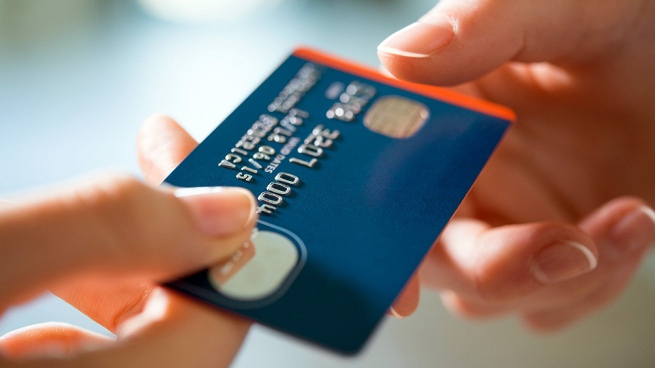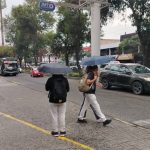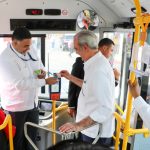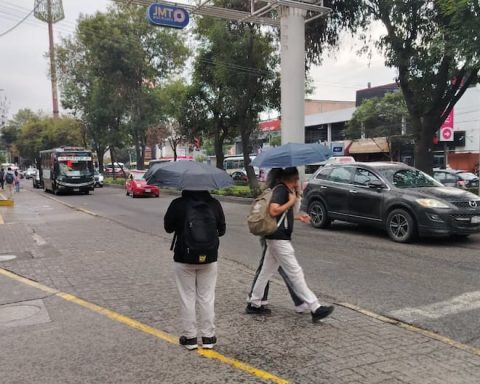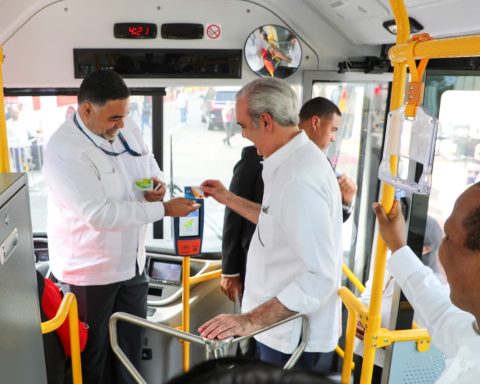74% of adults living in vulnerable neighborhoods in Argentina have a bank account in their name, either because they receive an allowance from the State through it or because they receive a salary, but 1 in 4 say they do not know that has that account, which shows a lack of financial education and access to information, according to a survey of the NGO Techo and the firm Mastercard in ten provinces of the country.
Among the main Stated reasons for not having an account are the lack of money (45%), lack of incentives (27% do not find benefit or have no interest), high costs (21%), and lack of necessary documentation (23%).
These points highlight the lack of access to information, since these reasons are supplemented by the regulations that oblige financial entities to open a savings account at no cost to any user (Free Universal Account).
At the same time, according to the results of the survey, only 17% of those interviewed have a virtual account in addition to a bank account and only 6% said they only have a virtual wallet, such as Mercadopago, Ualá, Naranja X, Billetera Rapipago or Pago 24.
“In this first study we found a negligible penetration of fintech companies. Less than 2 out of 10 residents have access to a digital or non-bank account. It is a wake-up call to the sector to be able to shore up its services in the sectors that need it most” , said Ignacio Carballo, researcher at the UBA and the UCA, in charge of directing the study.
In that sense, he assured that “The data convey that inclusion is mainly banking and public. There is still a lot to do from the private sector in popular neighborhoods.”
One of the most relevant data was that more than half of the interviewees (62%) declared receiving transfers from the State, 74% of these being received through an account in a financial institution which, in 58% of cases, is the first account they opened in their life.
Regarding the access to a debit card, 58% said they had one, while only 15% said they had a credit or prepaid card.
“Among the main reasons for holding and using cards, three main reasons are identified: accessing discounts on purchases, making purchases that people would not otherwise make and better planning expenses,” the report detailed.
Even so, more than half (58%) of those who receive money in their bank account withdraw it immediately once accredited given the use and preference for cash over cards and digital means of payment, explained by the characteristics of the functioning of the popular economy, as well as the “living day to day” of the people.
Distrust in financial institutions, a reason expressed by 58% of those surveyed, it is another of the factors that motivates the cash withdrawal.
In times when access to financial services is directly related to the have a smartphone, almost 8 out of 10 (79%) said they own one, although 54% access the Internet only through the purchase of data and, more than half of these, do not have the necessary data to have Internet on their cell phone throughout the month.

When using your phone as a means of payment or to send or receive moneyor alone 22% of people said they had performed at least one of these operations in the last yearor, including the period of severe restrictions due to the pandemic.
“The problem is that 66% of the people who did not use their cell phones to make payments say they would not use it in the future. More than half (53%) is because they do not understand the technology and, secondly, because it does not trust a digital format since it is afraid that the money will be lost, “Carballo said during a virtual presentation of the report.
A positive fact, however, is that almost 9 out of 10 businesses that accept digital media as a form of payment They were very satisfied and would recommend it as it not only allows them to avoid the costs and risks of handling cash but also allows them to sell more.
On the other hand, the biggest concern of people living in vulnerable neighborhoods (50%) was not having enough money for food, school and health expenses, as well as not having money to improve their home, followed by not having money for old age (38%).
The latter is related to access to financing in an emergency: only 10% answered that it was “very possible” to get half the minimum wage ($ 12,200), 4 out of 10 said it was “something possible” and 5 out of 10 that was not possible at all.
In case of need money for an emergency the main sources of access they were ask loaned to family or friends (60%) and / or savings (41%) while less than 6% answered that they were thinking about using credit cards or going into debt with a financial institution.
“This exposes the situation of financial vulnerability present in the popular neighborhoods, having a direct and negative consequence on their well-being,” the report concluded.
The research included face-to-face interviews with 751 adults from 20 popular neighborhoods in ten provinces (Buenos Aires, Santa Fe, Córdoba, Tucumán, Salta, Misiones, Corrientes, Chaco, Neuquén and Rio Negro) in July 2021, with a methodology that does not allow a representative extrapolation at the national level but which, according to its filmmakers, is “a first step for future lines of research.”
